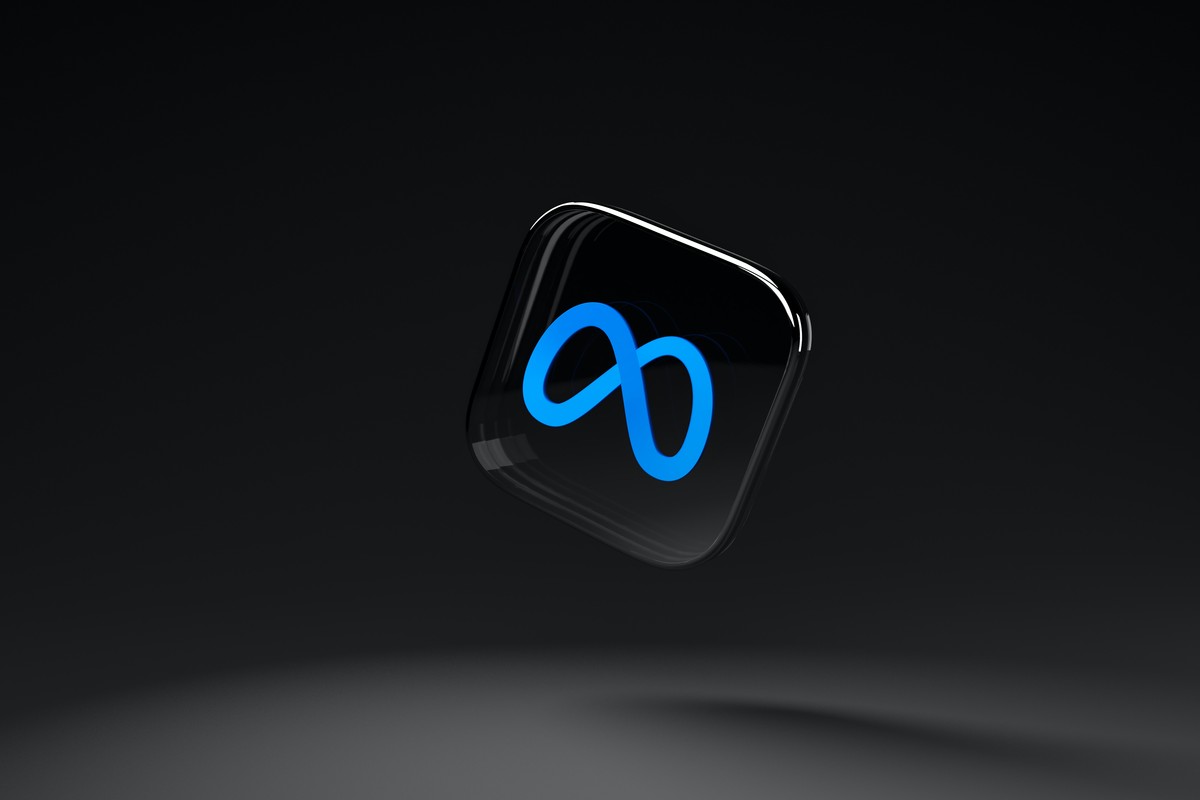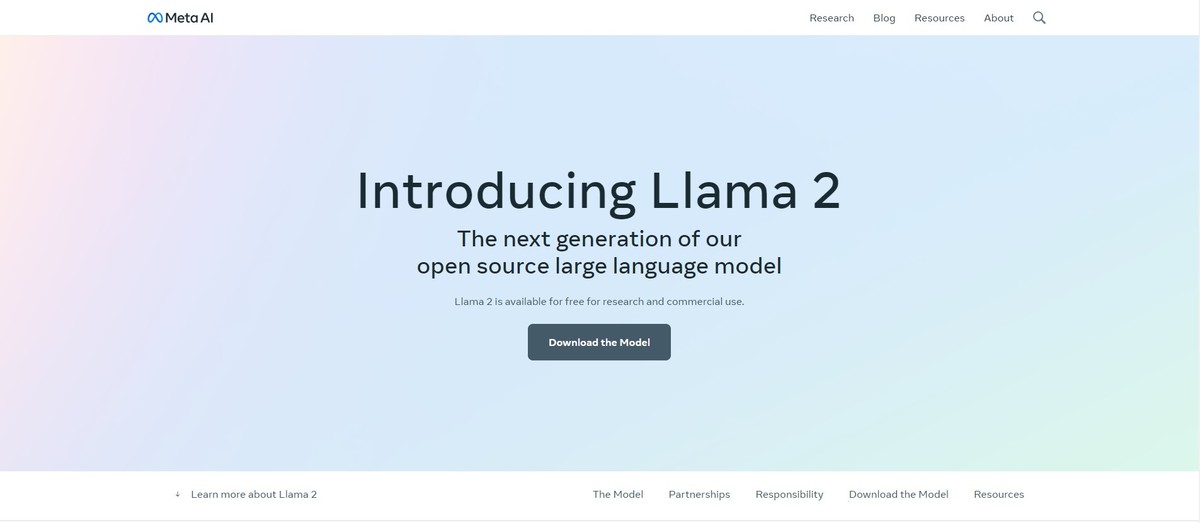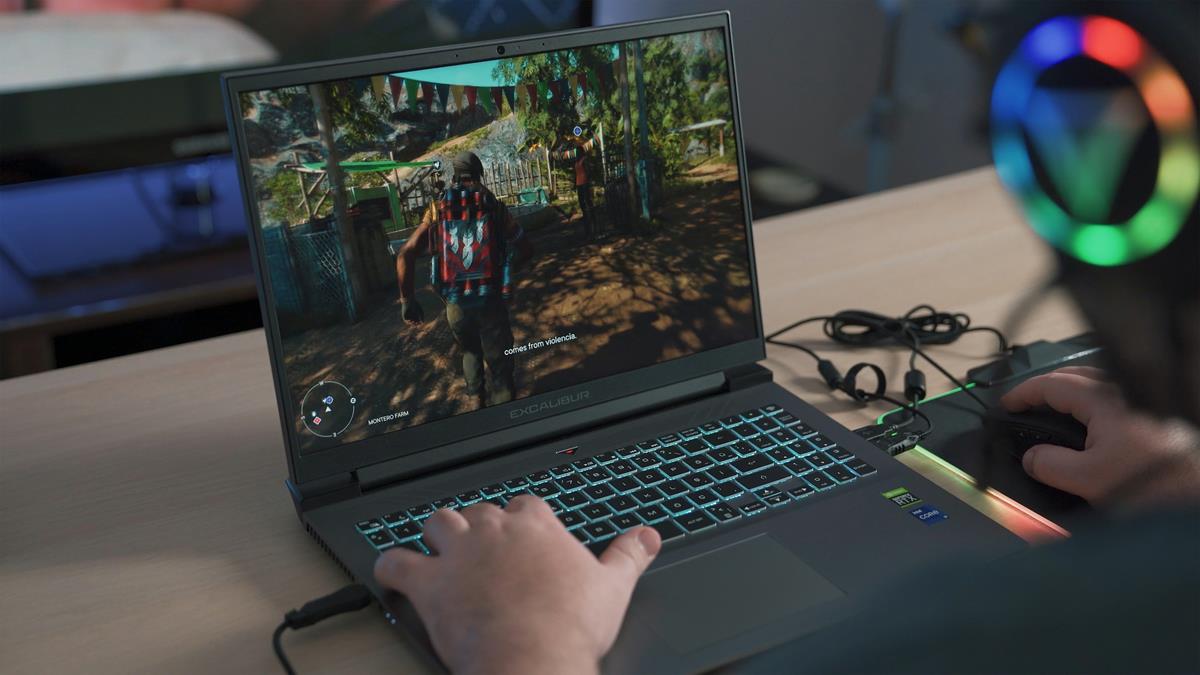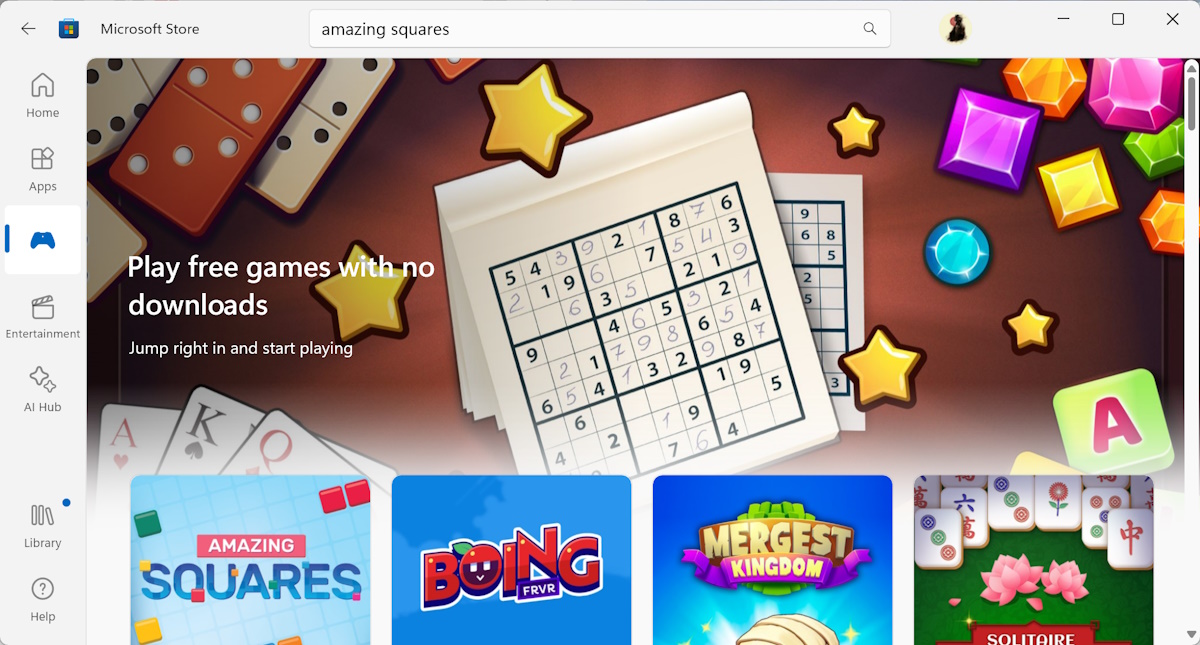Meta fixed the bar at GPT-4 in LLM research

Meta, the parent company of Facebook, is reportedly planning to train a new AI model that it hopes will be as powerful as OpenAI's GPT-4. The new model is still in development, but it is expected to be capable of generating more realistic and coherent text than GPT-4.
GPT-4 is a large language model chatbot developed by OpenAI. It is trained on a massive dataset of text and code, and it can generate text, translate languages, write different kinds of creative content, and answer your questions in an informative way.
Meta is interested in setting a bar at the level of GPT-4 because it believes that the model could be used to improve its products and services.

Meta's AI journey
Meta has been investing heavily in artificial intelligence (AI) in recent years. The company has created a number of AI-powered products, including the chatbots on Facebook Messenger and Instagram, and the augmented reality (AR) features on Facebook and Instagram. Meta has also been working on a number of ambitious AI projects, such as the virtual world, Metaverse.
With the launch of ChatGPT in the last quarter of 2022, chatbots skyrocketed in popularity and many companies tried to remake them in their own name. While the pioneer of this business was OpenAI with ChatGPT, the other ambitious name in the sector, Google's Bard, joined us not long after. One of the important names that stayed away from the race and that we kept an eye on was Meta.
Although not officially released, Meta Llama said a small hello to the industry with AI. Compared to other chatbots in the AI game, Llama AI used a more characteristic and humane language, but the margin of error of the model was too high. Realizing this, Meta announced Llama 2 not too long ago and although it does not currently have a web interface, Meta offers users the opportunity to download its model for research and commercial usage for free. LLama 2 is much more accurate, faster, and precise than Meta's first attempt at LLM technologies.

Create your own nemesis to thrive
Meta, which is expected to train its new AI model on the Nvidia H100 AI-training chip, also seems to have chosen its competitor carefully. According to the Wall Street Journal report, Meta is basing the benchmark point of its new LLM on the capacity of GPT-4.
If this claim is true, this decision is also correct, as the GPT-4 has been impressing everyone with its capabilities since the day it was launched. The GPT-4, which has the potential to convey information much faster, more accurately and fluently compared to GPT-3.5, has also managed to maximize the capacity of many applications using its API.
The biggest drawback is that access is only available to subscribed users. If Meta Llama or this AI bot, which will come up with a new name, makes its access free, it will suddenly take its place in the AI game. Competition fosters development and the fact that OpenAI, Google, Meta, and Microsoft will be competing in the same area will accelerate the pace of innovation in the field.
Now you: Do you think other companies developing LLM have a chance against OpenAI or is the winner of the AI race already clear?
Advertisement


















